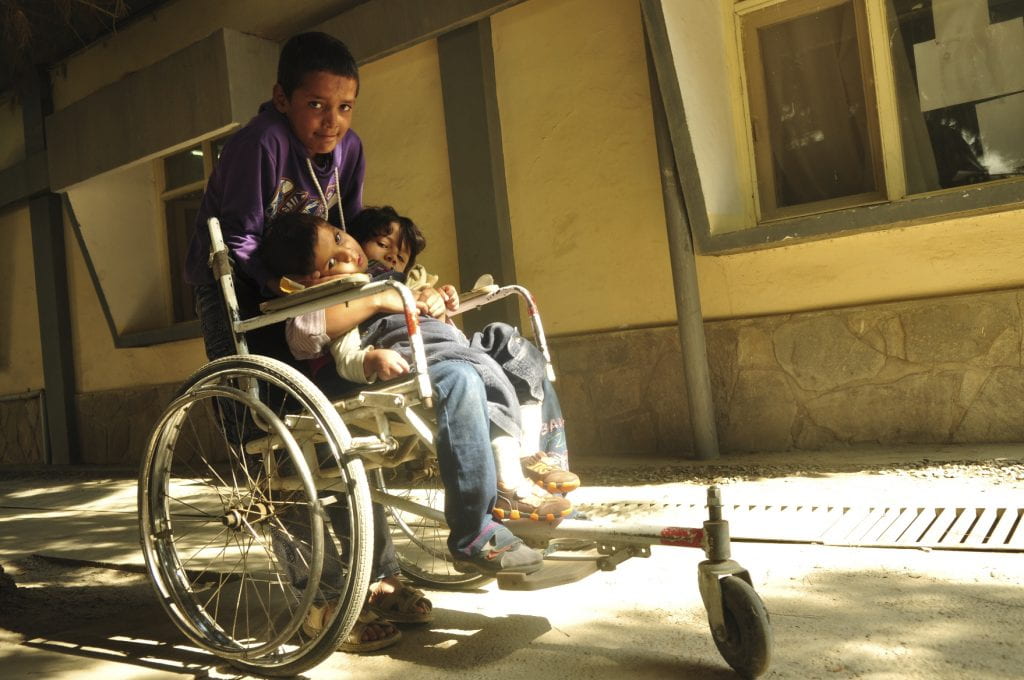
I am currently binge-watching Law & Order: SVU. In one episode, “Competence,” the rape survivor has Downs Syndrome (DS). Her mother, who is also her legal guardian, feels DS limits her ability to function “normally” in the world. The main concern of the mother is her daughter’s ability to care for the baby she is carrying as a result of the repeated rapes. The mother’s protection of her daughter extended only as far as she could be with her. Throughout the show, the revelation is that the store owner, where the daughter worked part-time as a stocker, exploited her disadvantage for his advantage. To limit the risk of the baby having DS and added to her belief in her daughter’s inability to care for the baby, the mother arranged an abortion of her daughter’s behalf. The courts stepped in and conducted a competency trial. Placed on the stand, the pregnant rape survivor acknowledged that once she did set fire to the kitchen but that she could now make soup because her boyfriend showed her. She also explained that even though she did not know how to care for a baby yet, she could learn if someone taught her.
As persons with disabilities (PWDs) move from the medical model into the social model in pursuit of independence, often overlooked are the role and needs of the caregiver. Society must begin to acknowledge and identify the paradigm shift occurring across the board. The purpose of this blog is to reflect on the role of parents and caretakers (also referred to as guardians) who attempt to bridge the gap between the medical and social models of disability while encouraging self-determination and protecting their loved ones in a created world that does not have them in mind.
The societal solution to PWDs was eugenics, institutionalization, or isolation–out of sight and out of mind for centuries. The employment of this solution allowed and continues to allow some guardians to abuse the system and take advantage of those in their care, and the pursuit of swift legal action is necessary. However, as societies move towards inclusivity, we must give encouragement and praise to those who through their actions look for avenues and solutions that empower. More specifically, we must continue to champion the guardians. With the implementation of the CRPD, standards of ADA, more universal design efforts, and competency hearings, PWDs are becoming productive members within their communities. So, what does this mean for their guardians who have sacrificed to protect their family member from the cruelty of an able-bodied world and the able-bodied world not used to making allowances for Others, particularly PWDs?
Who is a guardian? Persons with intellectual disabilities often have a legal guardian. The legal guardian acts in the “best interest” of their ward or the person in their charge. Much of the present debate regarding guardianship is the abuse of power in the denial of civil and human rights. In a 2007 study, Dorothy Squatrito Millar found that study participants did not recognize the disconnection between self-determination and guardianship or realize that there are several available alternatives to guardianship. Despite the arrival at the age of majority (18), students with intellectual disabilities did not receive the opportunity to self-advocate; rather, in many instances, they are given directions on what to do, or their guardian did the task for them. The inability to self-advocate as an adult is a denial of personhood, a violation of dignity. “We are adults. They need to accept that” and “they need to put themselves in our shoes sometimes” were some of the responses of the students.
What is notable about the SVU competency hearing is the assumption that all adults know how to care for a baby or balance a checkbook. The implication is that a person with an intellectual disability needs to have a guardian to avoid making any mistakes. As one non-disabled parent in Millar’s study put it, “We all make mistakes, and we all need help sometime—but that doesn’t mean we need guardians.” Most guardians resist the transition to adulthood and self-determination out of fear of exploitation, lack of information, and concern for their disabled child’s well-being. Millar concludes that while there is a significant need for more research on the transition to adulthood, the inclusion of children with intellectual disabilities into decision making throughout their lives does assist in the collaboration between other institutions in providing care that aligns with goals, imparts knowledge, addresses concerns, and maintains dignity and personhood.
